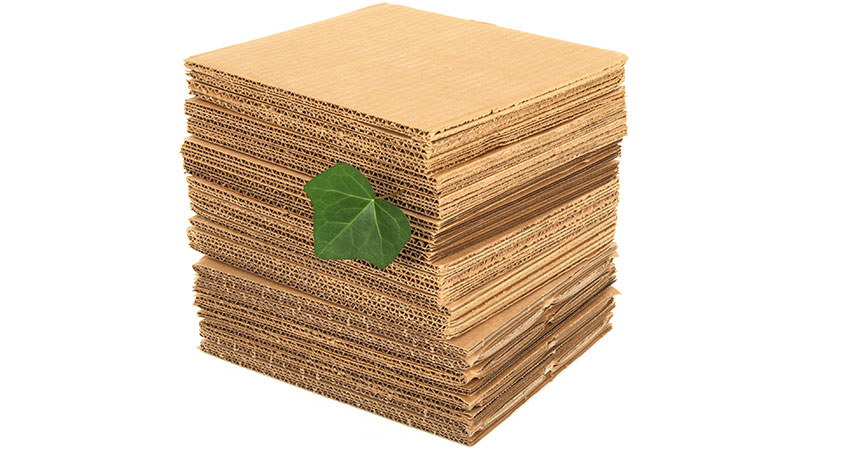It’s no secret that ecommerce utilizes far too much product packaging in its operations and has an adverse effect on the environment. However, even if there was a marked reduction in the use of superfluous and unnecessary packaging by ecommerce giants like Amazon, the very nature of the industry would still impact environmental health in a big way.
The various puzzle pieces of the supply chain, from packaging materials to transportation can each benefit from significant improvements that can reduce environmental impact in the long term.
Sustainability, Green Energy Initiatives Are Essential
Ecommerce tends to generate a huge amount of waste in the way that it packages products for shipment. Often packages will be encased in protective wrapping inside of a cardboard box which is too big for the items, then potentially surrounded by plastic wrapping, more protective wrapping, or even another cardboard box before shipping labels are attached and it is sent out to a customer.
While much of the packaging material used can be recycled, excessive packaging puts undue stress on local recycling programs. Companies that utilize ecommerce should look towards more sustainable packaging that not only has the strength to protect their products effectively and mitigate losses but packaging that can be more easily recycled in order to curb the negative environmental effects.
As it exists today, recyclable packaging is limited and still often requires the use of virgin materials in production as opposed to previously recycled materials. One of the biggest offenders is plastic packaging of which 40% finds its way into landfills because the materials used are not 100% recyclable. While innovative solutions like bio-packaging grown from mushroom mycelium offer an alternative, the simple fact is that the majority of businesses that utilize ecommerce are less concerned with sustainability than their bottom line.
Companies that are looking to engage in ecommerce that will truly benefit long-term environmental health must not only focus on the use of highly recyclable materials in lower quantities but also look towards green or renewable energy sources in their production and distribution models such as solar and wind energy or renewable biofuels. In order to affect real, sustainable change, companies need to look at every level of their participation in the world of ecommerce to find avenues to reduce environmental impact.
Focusing On The Supply Chain
While it is, of course, necessary for businesses that rely on ecommerce to be mindful of the product packaging that they use, there are many other factors that contribute to the pollution of the environment. Businesses that cater to customers by offering free shipping put extra stress on the supply chain by enticing consumers to purchase whatever they want, whenever they want. Free shipping on even the smallest of items means that, overall, there will be more trucks on the road moving those products, which ultimately means more greenhouse gases being created unnecessarily.
Curbing excess waste from the delivery process isn’t simply about adopting the use of more efficient, recyclable shipping materials. Companies need to take a hard look at their shipping policies and methods throughout their supply chain, pinpointing areas where improvements can be made. Finding ways to reduce the overall quantity of shipments, either through implementing free shipping on orders above a certain price point or forgoing free shipping altogether, is vital to the long-term health of the environment.
The world is changing. More stock is being put into the idea that sustainability is key to not only the success of any given business but to the ability for the earth to eventually recover from the short-sighted distribution practices that have damaged it over the decades. Advances in technology and techniques regarding supply chain management are making it easier to be a more environmentally conscious, mindful business that understands that there is no use in dominating the ecommerce sector if it means sacrificing the health of the environment in the long-run.
Noah Rue is a freelance journalist based in Boise, ID

